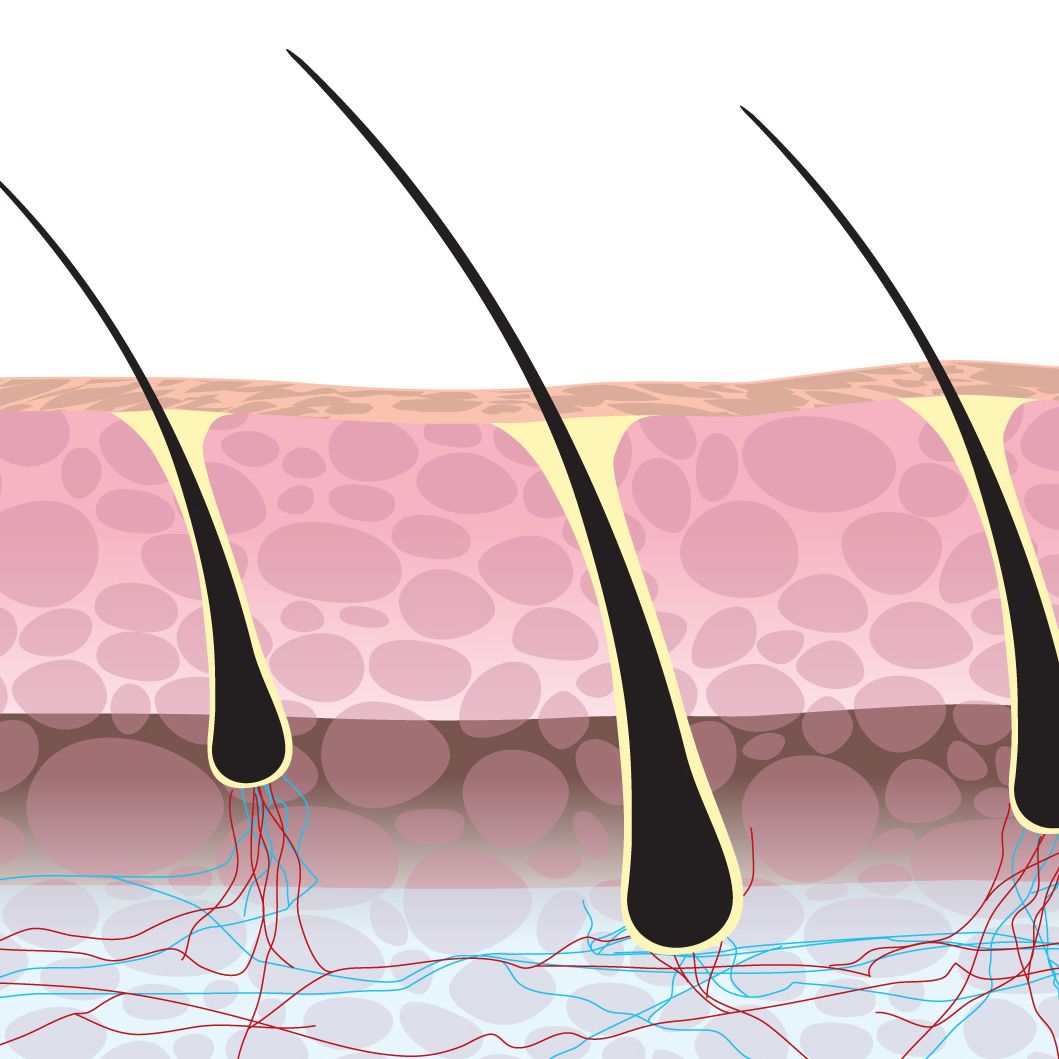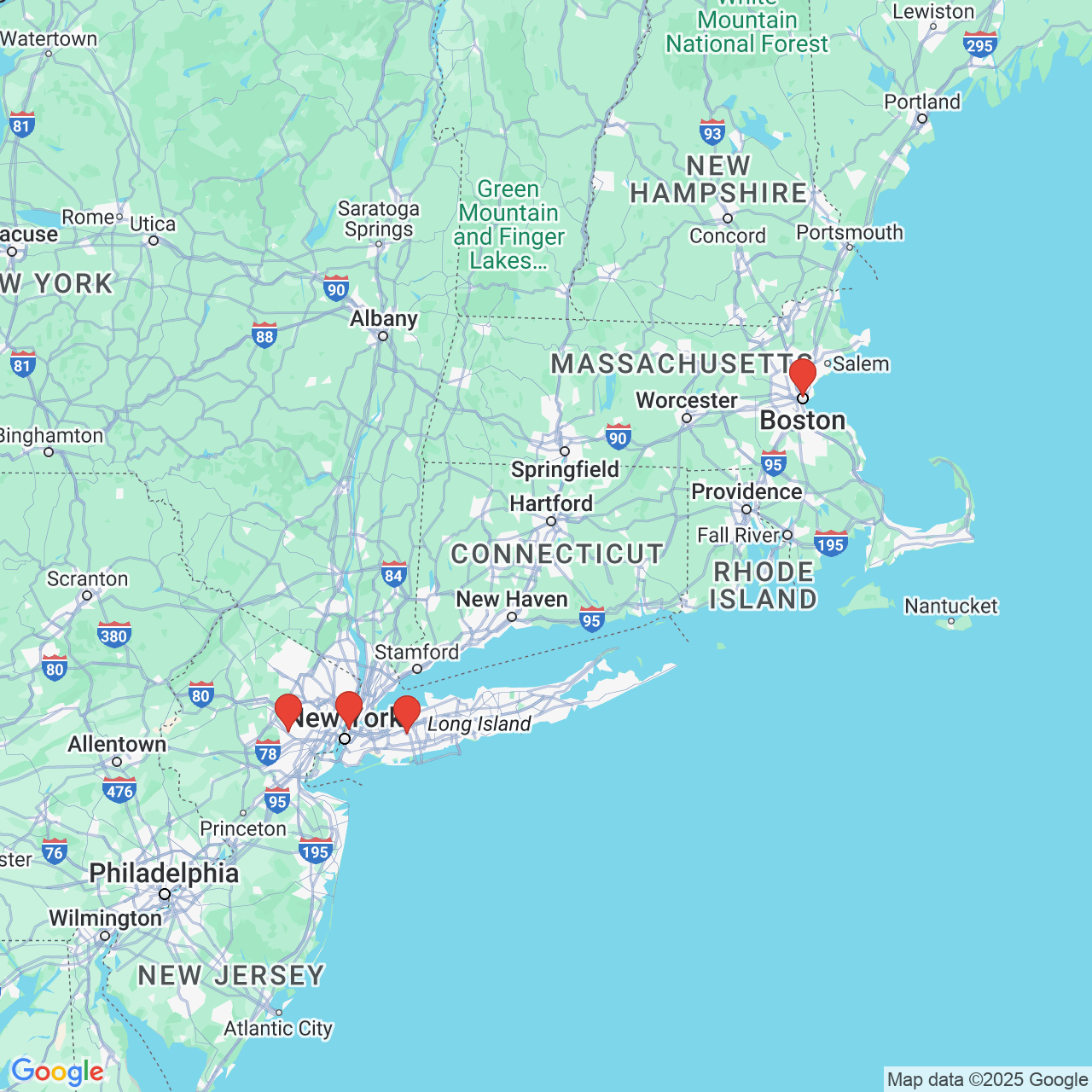Female Hair Loss Statistics: Know The Numbers
 When we think of hair loss, we often imagine a balding man. However, what many people do not realize is that women also suffer from alopecia. At True & Dorin, we can identify and treat female hair loss to help women enjoy full, beautiful locks. Congenital conditions, stress, illness, inadequate nutrition, hormonal changes, injuries, surgeries, and other issues can cause women’s hair to thin or disappear in certain regions. Female hair loss can interfere with patients’ confidence and self-esteem, as well as increase skin sensitivity in these areas. Our specialists provide a variety of solutions to help restore women’s hairlines. In the following blog post, we discuss important female hair loss statistics and explain how we can help at our New York practice.
When we think of hair loss, we often imagine a balding man. However, what many people do not realize is that women also suffer from alopecia. At True & Dorin, we can identify and treat female hair loss to help women enjoy full, beautiful locks. Congenital conditions, stress, illness, inadequate nutrition, hormonal changes, injuries, surgeries, and other issues can cause women’s hair to thin or disappear in certain regions. Female hair loss can interfere with patients’ confidence and self-esteem, as well as increase skin sensitivity in these areas. Our specialists provide a variety of solutions to help restore women’s hairlines. In the following blog post, we discuss important female hair loss statistics and explain how we can help at our New York practice.
Female Hair Loss By The Numbers
Female hair loss may not seem to be a prevalent condition, but the data doesn’t lie. Review the following statistics to learn more about alopecia in women:
- 25 percent have thinned or lost hair
- 95 percent of female hair loss is androgenetic, meaning that it results from hormonal changes, as in pregnancy or menopause
- During menopause, 4 out of 10 women suffer from thinning hair
- Over 50 percent of women over age 65 have reported thinning hair
- In a 2012 study by the National Institutes of Health, 29 percent of women suffering from hair loss reported two or more symptoms of depression
- 21 million American women currently suffer from some form of alopecia
- 12 percent of women with hair loss pursue restoration treatment, as compared with 20 percent of male alopecia sufferers
- 80 percent of women experience noticeable hair loss by the age of 60
- 40 percent of all alopecia patients are female
These numbers suggest that female hair loss is a serious and widespread issue in the United States, even if it is rarely discussed.
Types of Female Alopecia
Female hair loss is often less noticeable because it doesn’t follow the same patterns as male alopecia. Some women experience androgenic type hair loss, leading to a receding hairline, but the most common form of female hair loss is a “Ludwig classification,” which involves thinning hair directly behind the hairline. Others may suffer from diffuse alopecia, which is not localized to a particular region of the scalp, or angular alopecia, which involves hair loss on either side of the head but not along the main region of the scalp. No matter which type of female hair loss you experience, our doctors can help you repair your condition and regain your locks.
Our Treatment Options
If you’re one of the millions of women suffering from alopecia, Dr. True and Dr. Dorin can diagnose your condition and recommend one of the following treatments:
- Hair transplant. During this procedure, we will use Follicular Unit Extraction (FUE) or Follicular Unit Transplantation (FUT) methods to harvest hair from one region of your scalp and graft it onto the balding or thinning region.
- LLLT, or Low-Level Laser Therapy. This involves using pulses of light to encourage your follicles to expand, function properly, and produce thicker hair.
- PRP, or Platelet-Rich Plasma, Therapy. During this procedure, we will take a sample of your own blood, purify and enrich it, then inject this nutrient-dense substance into your scalp to stimulate follicle health and growth.
- SMP, or Scalp Micropigmentation. If you suffer from mild thinning or do not wish to attempt other hair loss treatments, we can refer you to a specialist for scalp micropigmentation. During this treatment, your doctor will tattoo your head to create the appearance of short hair.
Contact True & Dorin Today
Our specialists can educate you about female hair loss, determine if you suffer from this condition, and provide advanced treatments to restore your locks. To learn more about our services or find out if we may be able to assist you, contact our hair loss practice today.


